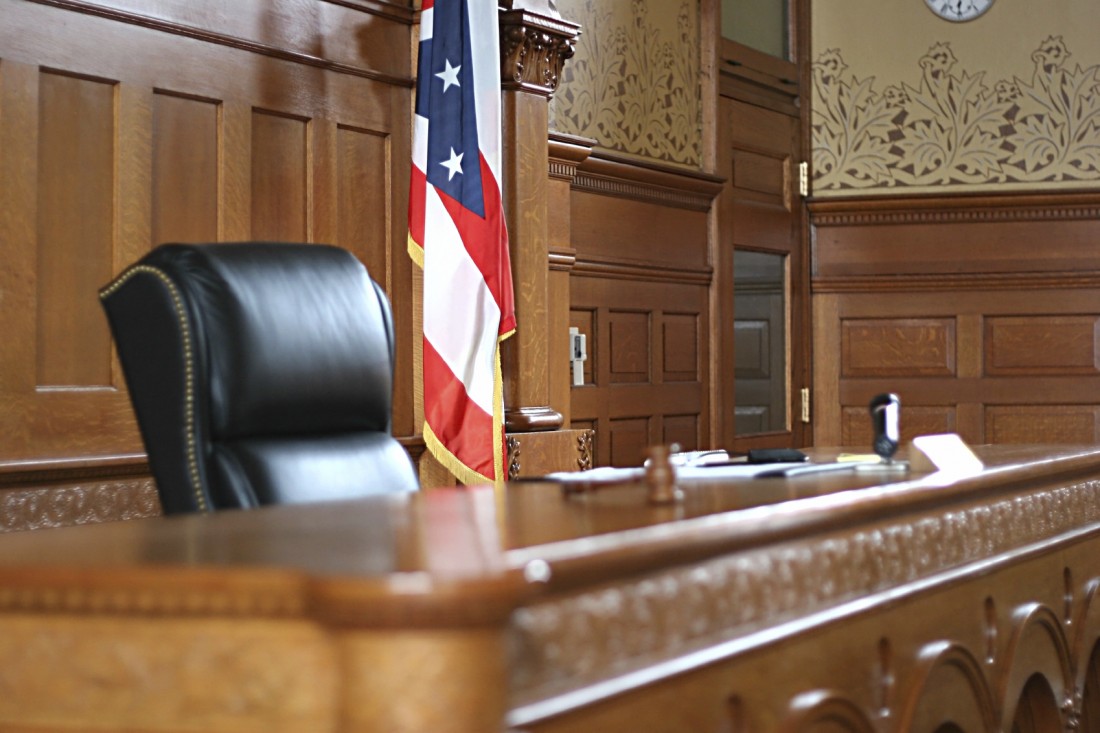Retail fraud offenses are common, and getting caught for retail fraud occurs more frequently than ever before. There are several reasons why arrests have increased:
1. Many stores have policies to prosecute shoplifters when caught. The rationale is that it acts as a deterrent for thefts occurring in the future. However, people commit retail fraud for a variety of reasons (the belief they wont get caught, the thrill of stealing, the desire to obtain something not affordable, mental condition such as kleptomania, peer pressure, to support a drug habit or otherwise obtain money, etc., etc.). Although deterrence is a goal, retail theft crimes are still widespread. Once caught, prosecutors and Judges are sometimes less inclined to give a break to someone charged with shoplifting because they want to protect the store, which provides tax revenue to the community. This is also a symbiotic relationship with the Court, because retail fraud convictions lead to additional revenue to the Court in the form of court costs, fines, and probation supervision fees.
2. Better store designs help prevent theft. Store designs that maximize the visibility of the shopper to loss prevention, employees, and other shoppers have lead to more arrests. Stores try to eliminate areas where hidden or blind spots exists in stores by having wider aisles, better sight lines, location of cash registers near exits, locating high theft items in more visible places, securing high theft items with locks or locked cabinets, and the use of better and the more widespread placement of cameras.
 Michigan Criminal Attorneys Blog
Michigan Criminal Attorneys Blog



